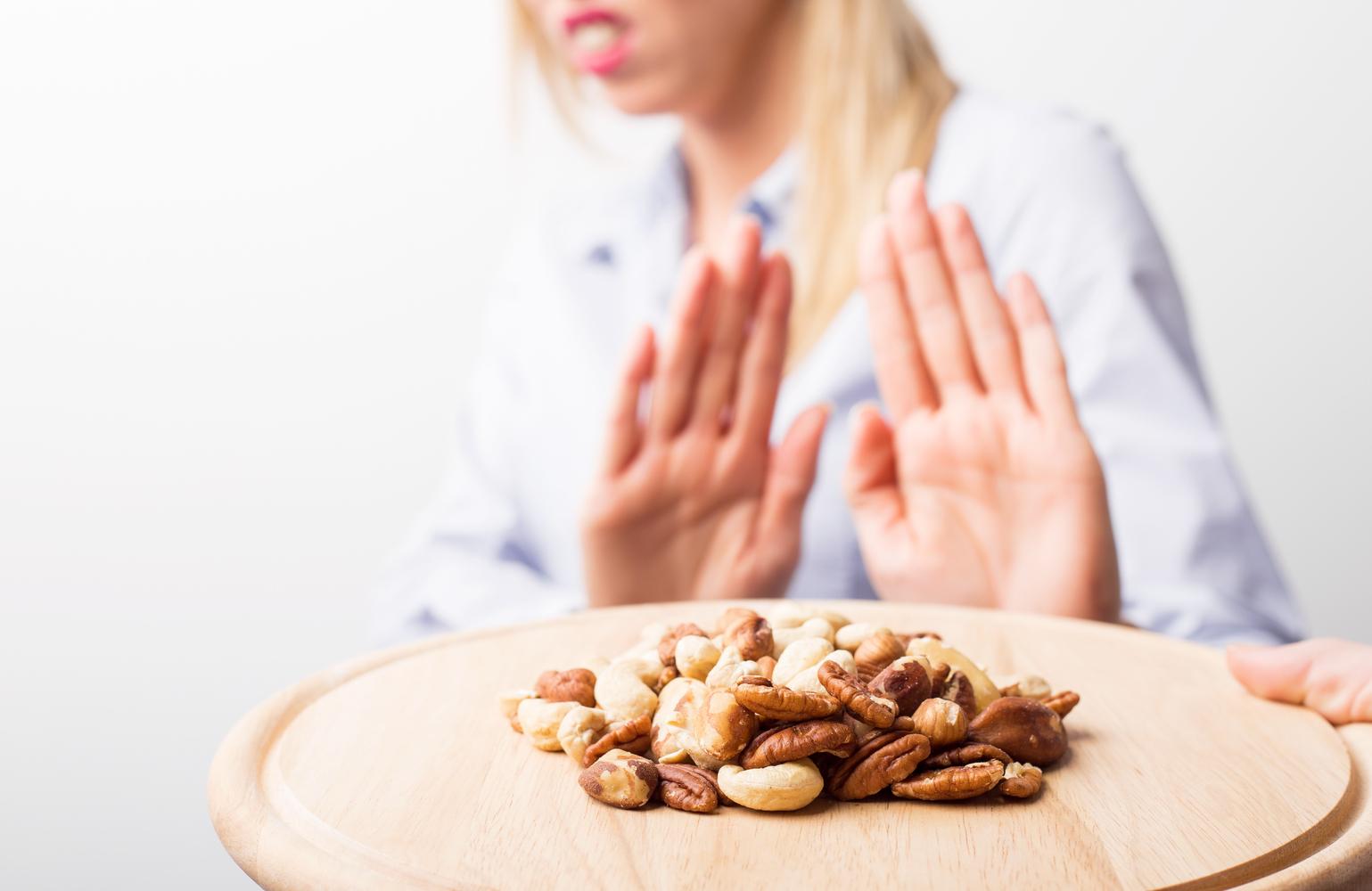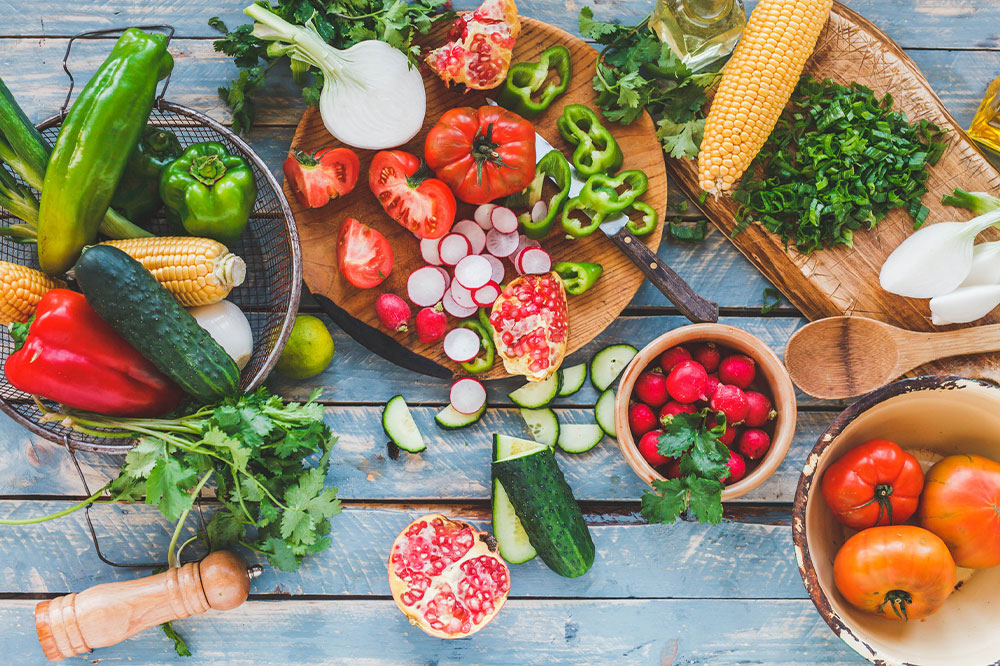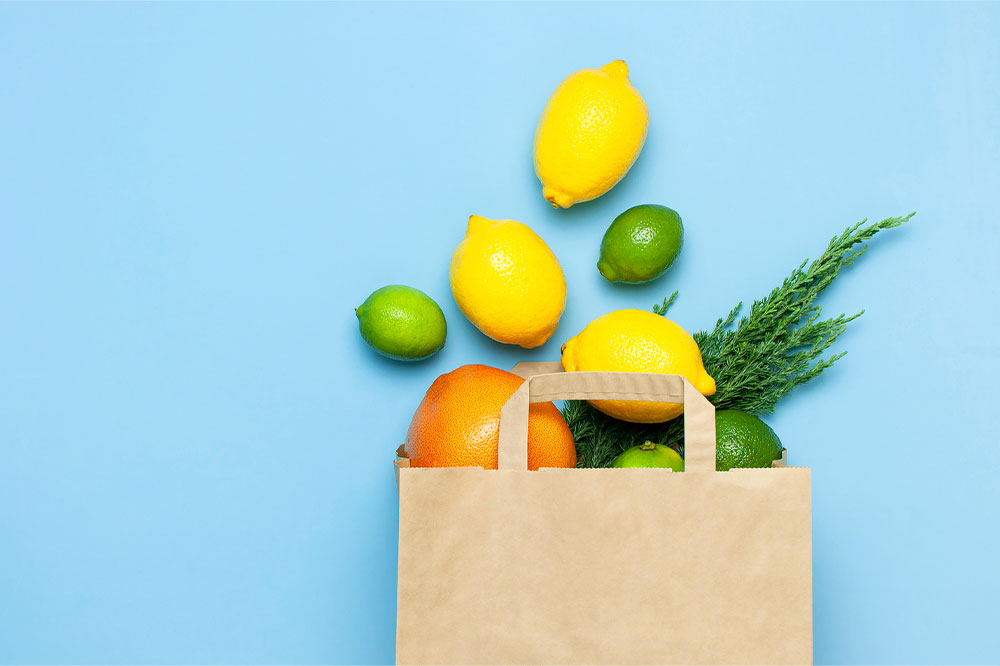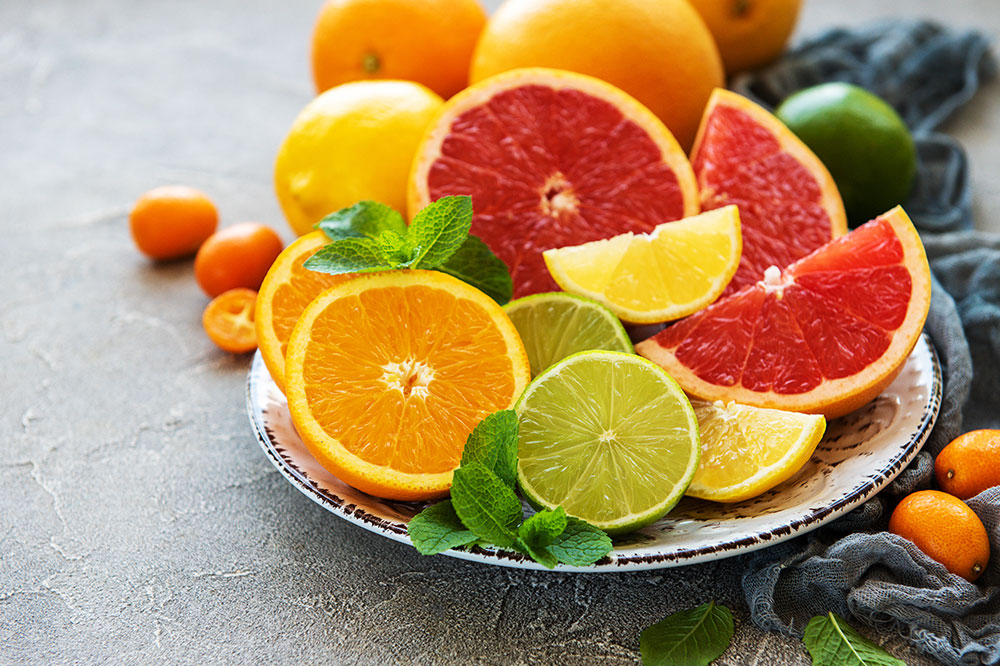Effective Diet Strategies for Promoting Bladder Health and Managing Incontinence
Discover comprehensive dietary strategies to enhance bladder health and effectively manage incontinence symptoms. Learn which foods to include and avoid, and understand how specific nutritional choices can strengthen bladder muscles, reduce inflammation, and prevent irritations, ultimately improving quality of life. This guide offers practical tips suitable for seniors and anyone seeking natural support for bladder function, emphasizing lifestyle changes that can complement medical treatments and promote overall urinary wellness.

Comprehensive Dietary Approaches to Support Bladder Function and Reduce Incontinence Symptoms
Urinary incontinence, a condition frequently encountered among seniors and older adults, affects millions worldwide and can significantly impair quality of life. While various medical treatments such as medications, pelvic floor exercises, and specialized incontinence products are available, diet plays a crucial complementary role in managing symptoms and promoting bladder health. Understanding the relationship between diet and bladder function is essential for developing effective strategies to reduce involuntary urine leakage and enhance overall well-being.
Incontinence may be caused by a variety of factors, including aging-related muscle weakening, nerve damage, bladder overactivity, or underlying health issues. Certain foods, medications, or excessive intake of vitamin C can temporarily trigger symptoms, while persistent factors may require more comprehensive medical attention. Nonetheless, diet modifications can contribute to symptom relief by strengthening bladder muscles, reducing inflammation, and preventing irritations. This comprehensive guide explores the best dietary practices to support bladder health, including which foods to incorporate into your daily meals and which to avoid for optimal results.
Foods to Include in Your Diet for Better Bladder Function
While there is no one-size-fits-all diet specifically designed for incontinence, certain dietary adjustments can significantly ease symptoms and promote a healthier urinary system. Incorporating these foods into your daily routine can bolster bladder muscles, reduce inflammation, and prevent infections. Here’s a detailed look at some of the most beneficial foods:
Antioxidant-rich Berries:
Regular consumption of berries such as blueberries, blackberries, raspberries, and strawberries is highly recommended. These fruits are packed with vitamin C, antioxidants, and phytochemicals that help combat urinary tract infections, reduce bladder inflammation, and strengthen the immune system. They are versatile and can be seamlessly integrated into smoothies, yogurt, cereals, salads, and desserts, providing both nutritional benefits and palate pleasers. Berries not only help mitigate incontinence symptoms but also support prostate health in men and urinary tract health across genders.
Cruciferous Vegetables:
Including cooked cabbage, Brussels sprouts, kale, broccoli, and cauliflower in your meals can significantly contribute to bladder health. These vegetables are rich in antioxidants, vitamin C, and compounds that reduce inflammation, support detoxification, and enhance overall immune function. Their high fiber content also aids in maintaining healthy bowel movements, which indirectly benefits incontinence management by preventing constipation that can exert pressure on the bladder. These vegetables can be added to salads, steamed, stir-fried, or incorporated into soups and casseroles.
Nuts and Seeds:
Nuts such as almonds, pistachios, Brazil nuts, and pecans are excellent additions to a bladder-friendly diet. They contain healthy fats, selenium, and antioxidants that support urinary tract health and reduce inflammation. Moreover, nuts promote cardiovascular health, support weight management, and contribute to overall wellness. Incorporate them into cereals, oatmeal, salads, or have a small handful as a snack to harness their health benefits.
Protein-rich Foods:
Lean proteins, including chicken, fish, eggs, and plant-based options like tofu, are vital for maintaining tissue integrity and supporting muscle health, including that of the bladder. Fish such as salmon and mackerel provide omega-3 fatty acids, which have anti-inflammatory properties that can help reduce bladder irritation. Eggs and tofu are excellent sources of easily digestible proteins that also support energy levels and urinary health. Be mindful to prepare these proteins in healthy ways — baking, grilling, or steaming — to maximize benefits.
Whole Grains:
Foods high in dietary fiber such as oats, barley, quinoa, buckwheat, lentils, and brown rice are essential in preventing constipation, a major trigger for incontinence. Consuming adequate fiber helps regulate bowel movements and minimizes pressure on the bladder. Including whole grains in bread, cereals, salads, and soups can improve digestive health and support overall bladder function. For individuals sensitive to gluten, gluten-free options like oats, millet, or amaranth are suitable choices that won’t compromise health.
Foods to Limit or Avoid for Better Bladder Health
In addition to adding beneficial foods, it’s equally important to be aware of dietary triggers that can worsen incontinence or irritate the bladder. Certain foods and beverages tend to cause inflammation, increase urgency, or lead to frequency, making symptoms more difficult to manage. Cutting back on or avoiding these items can lead to significant improvements in quality of life and symptom control.
Alcohol:
Alcoholic beverages, including beer, wine, and spirits, have a propensity to irritate the bladder lining, increase urine production, and impair muscular control of the bladder. They also act as diuretics, which can lead to more frequent urges and episodes of leakage. Limiting alcohol intake or abstaining altogether is highly recommended for those with incontinence issues.
Caffeinated Beverages:
Coffee, tea, hot chocolate, and decaffeinated drinks containing caffeine can stimulate bladder contractions, cause irritation, and trigger urgency. Even chocolate milk contains caffeine and should be consumed in moderation. Choosing herbal teas or decaffeinated options can help reduce bladder overactivity and improve comfort.
Citrus Fruits:
Oranges, lemons, limes, grapefruits, and clementines are high in acidity, which can irritate the bladder lining and exacerbate symptoms despite their vitamin C benefits. For individuals sensitive to acid, it’s advisable to limit citrus fruit consumption or choose less acidic fruits such as melons or berries.
Spicy Foods:
Hot spices like cayenne, curry, chili peppers, and other spicy seasonings can irritate the bladder wall, cause overactivity, and lead to flare-ups. Reducing spicy food intake can help maintain bladder stability and prevent discomfort.
Sugary and Artificially Sweetened Foods:
Candy, desserts, honey, foods containing high fructose corn syrup, and artificially flavored snacks can irritate the bladder. High sugar levels promote inflammation and may intensify symptoms of urgency and leakage. Opting for natural sweeteners or reducing sugar intake altogether can be beneficial.
Adopting a bladder-friendly diet is an effective, non-invasive way to support urinary health and manage incontinence symptoms. Combining dietary modifications with medical advice and exercises prescribed by healthcare professionals can lead to improved quality of life. Remember, each individual’s triggers may differ; therefore, maintaining a food diary to track symptoms and reactions can be helpful in customizing your diet plan for optimal results.





